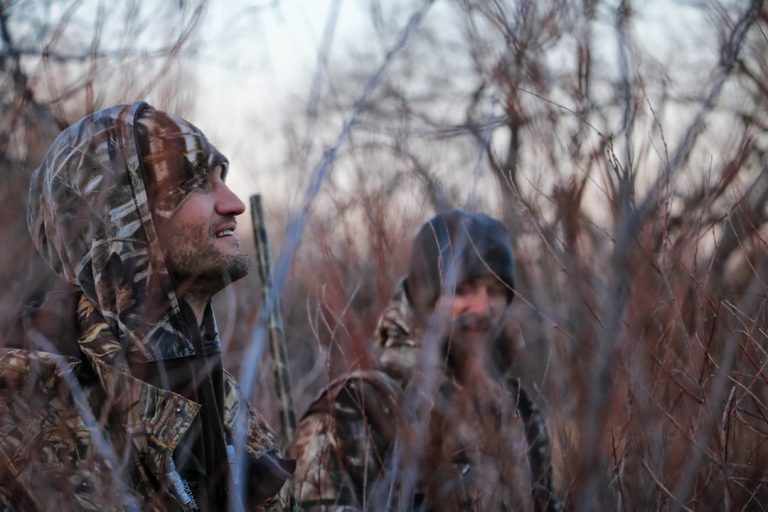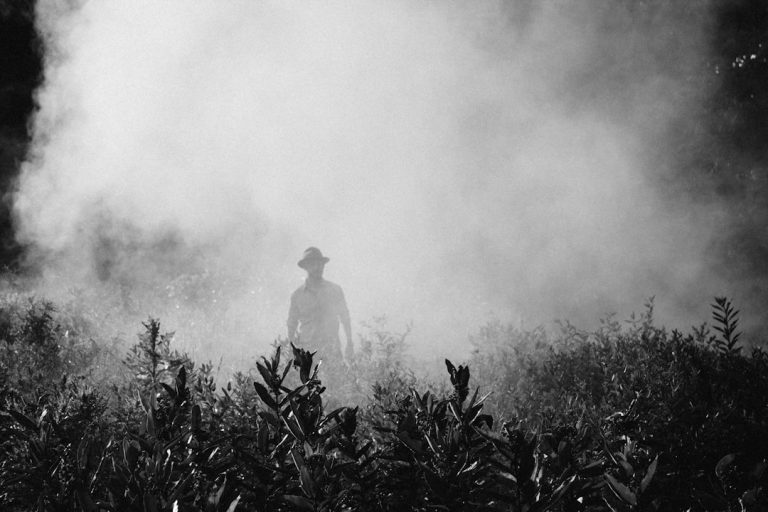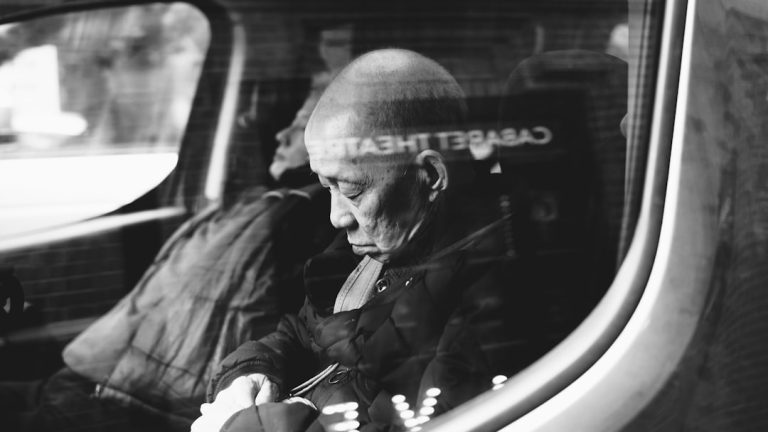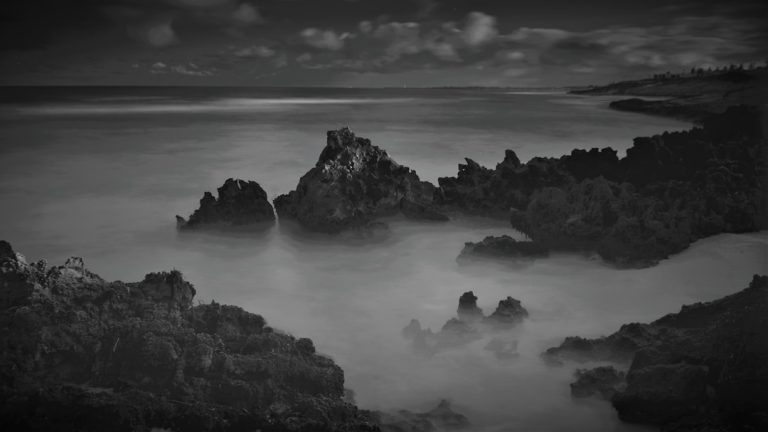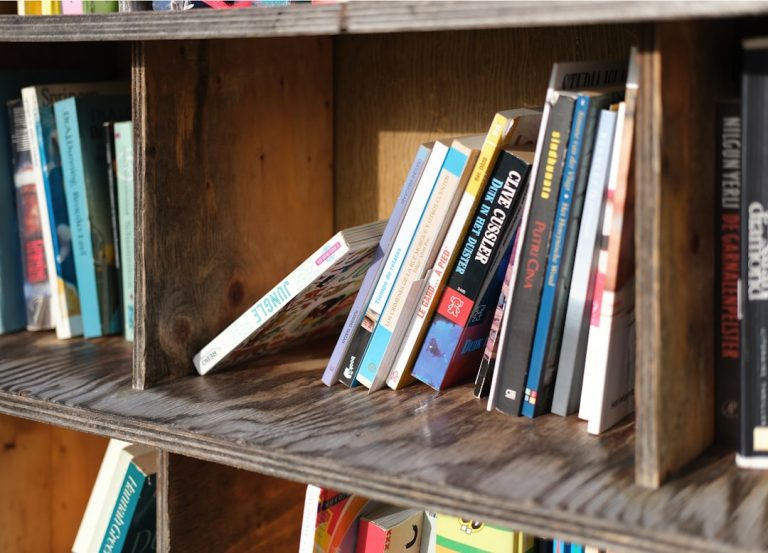
Stephen Crane’s “The Blue Hotel” is a short story that examines human psychology, social norms, and the relationship between perception and reality. Set in a remote Nebraska hotel, the story serves as a microcosm for broader themes of fear, paranoia, and cultural conflict. The main character, an anxious Easterner, becomes involved in misunderstandings with local patrons upon his arrival at the hotel.
Crane’s descriptive writing and psychological insights allow readers to explore the complexities of human behavior, demonstrating how fear can alter perceptions and lead to tragic events. The story goes beyond a simple tale of paranoia, offering a commentary on human nature itself. The author creates a tense atmosphere where characters’ interactions are influenced by unspoken fears and assumptions.
The Blue Hotel itself becomes a significant element in the story, representing the isolation and hostility that can emerge in unfamiliar settings. As the plot unfolds, the hotel acts as a catalyst for the characters to confront their inner fears and biases. Through this narrative, Crane encourages readers to consider how fear shapes our perceptions of others and can result in destructive outcomes.
Key Takeaways
- “The Blue Hotel” is a short story by Stephen Crane that explores themes of fear, paranoia, and the clash of cultures in a small western town.
- Fear and paranoia are central to the story, as the characters’ perceptions of each other and their surroundings are colored by their own anxieties and insecurities.
- The clash of cultures is evident in the interactions between the Eastern visitor and the Western locals, highlighting the misunderstandings and prejudices that arise from cultural differences.
- Miscommunication plays a powerful role in the story, leading to tragic consequences as the characters struggle to understand each other and their intentions.
- Alcohol is depicted as a destructive force in the story, fueling aggression and clouding judgment, ultimately contributing to the characters’ downfall.
- The search for identity is a recurring theme, as the characters grapple with their own sense of self and struggle to find their place in the world.
- The inevitability of fate looms over the story, as the characters’ actions and decisions lead them towards a tragic and unavoidable conclusion.
The Nature of Fear and Paranoia
The Fearful Individual
The Easterner, who arrives at the hotel with an air of trepidation, embodies this theme as he struggles with his own insecurities. His anxiety is palpable, and it colors his interactions with the other guests, who are largely more confident and self-assured. This contrast highlights how fear can create a chasm between individuals, fostering misunderstandings and escalating tensions.
Fear and the Collective Psyche
Crane’s portrayal of fear extends beyond the individual to encompass the collective psyche of the characters within the hotel. The atmosphere is charged with an undercurrent of suspicion and hostility, as each character grapples with their own fears and prejudices. The locals view the Easterner as an outsider, a potential threat to their way of life, while he perceives them as brutish and aggressive.
The Devastating Consequences of Unchecked Fear
This mutual distrust creates a volatile environment where paranoia reigns supreme. Crane deftly illustrates how fear can breed hostility, leading individuals to act defensively rather than empathetically. The tragic climax of the story serves as a poignant reminder of how unchecked fear can spiral into violence, leaving destruction in its wake.
The Clash of Cultures

At its core, “The Blue Hotel” is a narrative steeped in cultural conflict, highlighting the tensions that arise when disparate worldviews collide. The Easterner represents a more refined, urban sensibility, while the locals embody a rugged, frontier mentality shaped by their harsh environment. This clash is not merely one of geography but also of values and expectations.
The Easterner’s arrival at the hotel serves as a catalyst for these cultural tensions to surface, as he struggles to navigate a world that feels foreign and threatening. His attempts to assert his identity in this unfamiliar setting are met with resistance from the locals, who view him as an intruder rather than a guest. Crane’s exploration of cultural conflict is nuanced, revealing how deeply ingrained biases can shape perceptions and interactions.
The Easterner’s initial discomfort quickly escalates into outright hostility as he misinterprets the locals’ behavior through the lens of his own fears. Conversely, the locals’ suspicion of the Easterner stems from their own experiences with outsiders who may disrupt their way of life. This cyclical pattern of misunderstanding underscores the fragility of human relationships when cultural differences are at play.
Crane’s narrative serves as a powerful commentary on the challenges of coexistence in an increasingly diverse world, urging readers to reflect on their own biases and assumptions.
The Power of Miscommunication
| Types of Miscommunication | Effects |
|---|---|
| Verbal Misunderstandings | Confusion, conflict, and frustration |
| Nonverbal Cues Misinterpreted | Misinterpretation of emotions and intentions |
| Written Miscommunication | Missed deadlines, errors, and misunderstandings |
| Cultural Misunderstandings | Offense, stereotypes, and lack of trust |
Miscommunication is a central theme in “The Blue Hotel,” serving as both a catalyst for conflict and a barrier to understanding. Throughout the story, characters frequently misinterpret one another’s intentions, leading to escalating tensions that could have been diffused through clearer communication. The Easterner’s anxious demeanor is often misconstrued as arrogance or aggression by the locals, while their boisterous camaraderie is perceived by him as threatening.
This breakdown in communication highlights how easily misunderstandings can spiral out of control when individuals fail to engage with one another openly and honestly. Crane skillfully illustrates how language and behavior can be fraught with ambiguity, particularly in high-stress situations. The characters’ inability to articulate their fears and concerns exacerbates their conflicts, creating an environment ripe for violence.
As tensions mount, the failure to communicate effectively becomes increasingly apparent, culminating in tragic consequences that could have been avoided had the characters been willing to listen and empathize with one another. Crane’s narrative serves as a cautionary tale about the importance of clear communication in bridging cultural divides and fostering understanding among individuals from different backgrounds.
The Destructive Nature of Alcohol
Alcohol plays a significant role in “The Blue Hotel,” serving as both a social lubricant and a catalyst for chaos. The hotel patrons frequently indulge in drinking, which exacerbates their already heightened emotions and contributes to the story’s escalating tension. Crane portrays alcohol as a double-edged sword; while it can facilitate camaraderie and connection among individuals, it also has the potential to unleash darker impulses and lead to destructive behavior.
The Easterner’s experience at the hotel is marked by moments of intoxication that cloud judgment and fuel paranoia, ultimately culminating in violence. Crane’s depiction of alcohol reflects broader societal issues related to substance use and its impact on human behavior. The characters’ reliance on alcohol as a means of coping with their fears and insecurities underscores the destructive nature of escapism.
Rather than confronting their issues head-on, they retreat into intoxication, which only serves to amplify their anxieties and exacerbate conflicts. This cycle of dependence highlights the dangers of using alcohol as a crutch rather than addressing underlying emotional turmoil. Through this lens, Crane invites readers to consider the broader implications of substance use on individual lives and societal dynamics.
The Search for Identity

In “The Blue Hotel,” the quest for identity is intricately woven into the fabric of the narrative, particularly through the character of the Easterner. His journey reflects a broader struggle for self-definition in an unfamiliar environment where he feels out of place. As he grapples with his own insecurities and fears, he becomes increasingly desperate to assert his identity amidst the hostility he perceives from those around him.
This search for belonging is universal; it resonates with anyone who has ever felt like an outsider in a new setting. Crane captures this struggle poignantly, illustrating how identity can be both fluid and fragile in the face of external pressures. The Easterner’s attempts to navigate his identity are further complicated by societal expectations and cultural norms that dictate how individuals should behave in public spaces.
His interactions with the locals reveal deep-seated biases that challenge his sense of self-worth and belonging. As he confronts these challenges head-on, he becomes increasingly aware of how identity is shaped not only by personal experiences but also by societal perceptions. Crane’s exploration of identity ultimately raises profound questions about what it means to belong in a world marked by division and misunderstanding.
The Inevitability of Fate
“The Blue Hotel” culminates in a tragic denouement that underscores the theme of fate’s inevitability—a powerful reminder that certain outcomes may be beyond individual control. Throughout the story, Crane weaves an intricate tapestry of choices and consequences that lead inexorably toward disaster. The Easterner’s paranoia and fear set into motion a series of events that culminate in violence, suggesting that his fate was sealed from the moment he stepped into the hotel.
This sense of predestination raises questions about free will versus determinism; while characters make choices throughout the narrative, those choices seem to lead them down predetermined paths. Crane’s exploration of fate also invites readers to reflect on broader existential themes regarding human agency and vulnerability. The characters are caught in a web of circumstances that they cannot escape; their fears and biases dictate their actions in ways that ultimately lead to tragedy.
This interplay between choice and fate serves as a poignant reminder that while individuals may strive for control over their lives, external forces—be they societal expectations or personal fears—can shape outcomes in unforeseen ways. In this light, “The Blue Hotel” becomes not just a story about individual characters but also a meditation on the human condition itself—an exploration of how we navigate our fears, identities, and relationships within an unpredictable world.
If you’re interested in exploring themes of human nature and conflict similar to those found in Stephen Crane’s “The Blue Hotel,” you might find the article titled “Ambitious” intriguing. This article delves into the complexities of ambition, a driving force that can lead to both triumph and tragedy, much like the forces at play among the characters in Crane’s story. The exploration of ambition in this article provides a modern context that can enrich your understanding of the motivations and outcomes in “The Blue Hotel.”
FAQs
What is “The Blue Hotel” by Stephen Crane about?
“The Blue Hotel” is a short story by Stephen Crane that revolves around a group of characters staying at a hotel in a small western town. The story explores themes of fear, violence, and human nature.
When was “The Blue Hotel” written?
“The Blue Hotel” was written by Stephen Crane in 1898 and was first published in 1899.
What is the setting of “The Blue Hotel”?
The story is set in a small western town in the late 19th century. The action takes place primarily in the hotel where the characters are staying.
What are some of the main themes in “The Blue Hotel”?
Some of the main themes in “The Blue Hotel” include the nature of fear, the impact of violence, and the complexities of human behavior.
What is the significance of the title “The Blue Hotel”?
The title “The Blue Hotel” refers to the setting of the story and the place where the characters’ interactions and conflicts unfold. The color blue may also symbolize themes of coldness and isolation.
